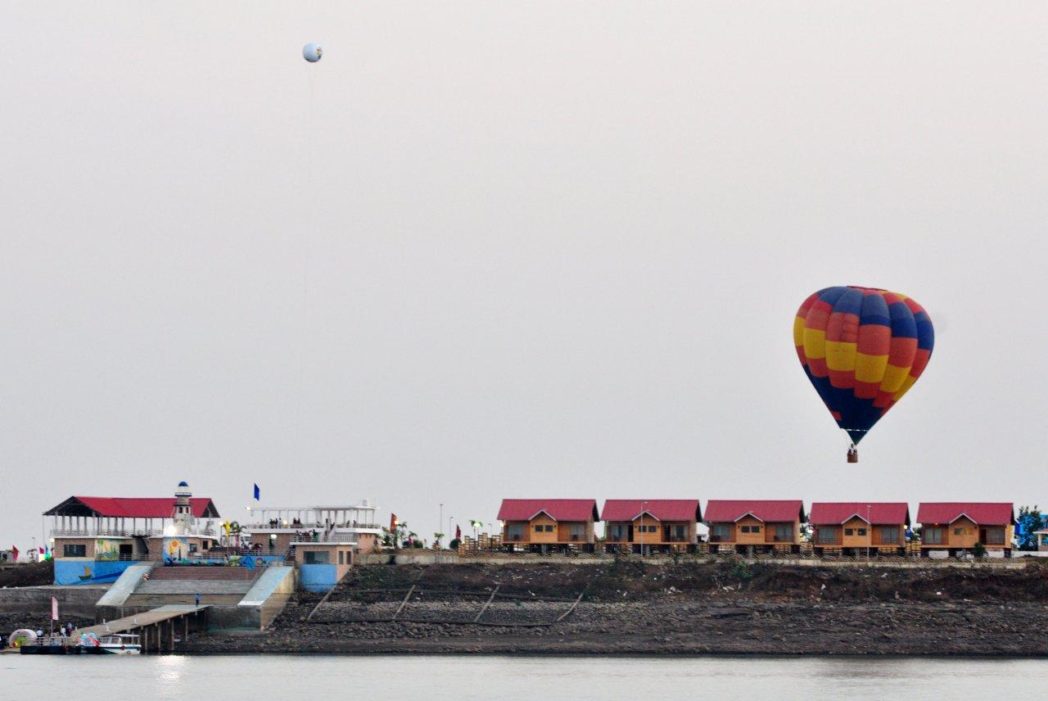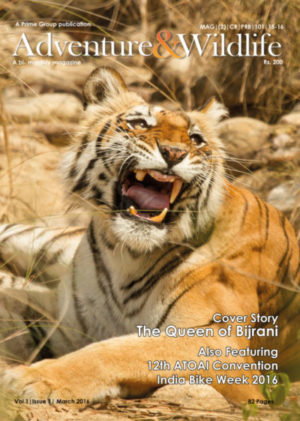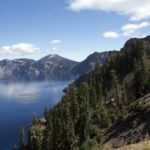
Adventure tourism and Sustainability

Adventure tourism and Sustainability
Some observations from the Indian perspective
We live in a resource crunch time, where demand is way-too high than the supply could actually meet. The biggest challenge is not the lack of solutions it is rather non-practice of a culture that promotes love and appreciation of our heritage/resources and a mechanism that is essential to get things in order or restore.
Tourism is like a magic wand, it is an instrument that is capable of creating different music at the same time or like a single medicine for dozen ailments. One size fits all kind of a tool; that too, a tried and tested one. The world is today is going through a difficult time – unstable economy, lack of jobs, too many people, political volatility, environmental degradation, peace deficiency, what not, it has it all except a proper answer.
There are numerous examples of tourism activities, when managed properly; it has effectively changed the socio-economic and environmental dynamics of a place for good. In South Asia alone, there are many economies that are flourishing because of tourism. But the overall picture is far from rosy because of improper management, non-conducive policies and absence of goodwill at the government level and most importantly lack of awareness and pro-active practice on ground.
Tourism as an industry has a significant global footprint; in 2015 it has contributed about US$ 1.2 trillion to the global economy, which is close to 10% of total global GDP while generating 1 in 11 jobs. Nature tourism accounts for about 25% of this global figure. Given such importance of nature based tours and tourism activities; it is likely to draw more and more attention and investment from all the quarters while inviting greater responsibility towards people and the planet. Uncontrolled tourism has always been detrimental to the environment as well as the society with high potential to cause minor to irreversible alteration of landscape, ecosystems, and socio-cultural dynamics. Perhaps the bigger threat such trend is running is its ability to damage attraction factors in all probabilities causing reduction in the tourist flow.
Tourism activities that are in direct interaction and dependency on the natural and human dimension therefore should be brought under a responsible conduct framework as they are likely to get impacted directly should there be an imbalance. Among various forms and types of tourism, one form constantly and directly interacts with natural elements is the adventure. Although there are many schools of thought defining what should be considered as adventure tourism, all of them agreed that such travel should include elements of physical activity (may be a dose of risk too for the adrenalin rush), exploration of nature and interaction with local culture in unusual, exotic, remote, or wilderness destinations. Hence, it has become even more important to realize the two-way relationship between tourism and the environment (natural, built and human) where it is undertaken and the greater responsibility of acting sensibly.
Statistics indicate global adventure tourism accounts for more than USD 75 billion in 2010, which went up three fold just in three years i.e. by 2013 it become USD 220 billion (Global Report on Adventure Tourism 2014) making it one of the fastest growing forms of tourism. The numbers very much tell the demand and growth prospect in the adventure tourism market while indicating the need for a sustainability and practice. The term sustainability is an interesting term as it could be applied in two ways, first, sustainable practice of tourism and second is the sustainability of tourism. Though there are two different entities apparently; in reality, they are intertwined and interdependent aspects of tourism, which in simple term could be put as ‘sustainable form of activities that are good for the community, local economy and the environment in general. Such tourism activities however qualify to be considered as Sustainable Tourism.
The WTO (United Nations, 2003) defines Sustainable Tourism as a form of tourism that meets the needs of tourists and host regions while protecting and enhancing opportunities for the future, where resources are managed in such a way that economic, social and aesthetic needs can be fulfilled while maintaining cultural integrity, essential ecological processes, biological diversity and life support systems. Adventure tourism by existence is not very far from such criterion. While taste, demand and nature of activities are changing, dynamic natural environment would continue to demand better and friendly treatment from visitors, tourist operators and host communities alike for it is a non renewable resource base that should be better conserved than to repent later. Going by the recent trend of aggressive growth in the adventure tourism segment, it is clear that the day is not very far when the impact will be almost irreversible. This calls for an urgent introspection and cumulative corrective measures including awareness and capacity development programmes at different levels and for difference target audience, proper skill development for the service providers including guides and instructors, supportive policy intervention, a sensitivity laced framework to bring about change to the industry as such, creation of knowledge bodies and think tanks, introduction of incentive based self assessment of tourism operation and voluntary certification.
Although, a growing change in behaviour has been observed among the tourists in the recent times, a larger chunk of visitors still lack awareness. It is for the tourism bodies to adopt code of conduct at local and regional levels and get them implemented with rigour. This could be rather considered as an opportunity to preach and practice principles of sustainability into adventure tourism operations. Responsibility comes in various forms and levels, one of the major things that we often overlook, is the individual space and importance of appreciating each other’s individual identity/ choice/ tastes/ views or perception and this phenomenon is not just confined to tourism activities. Being sensitive towards oddness is a quality we lack when we travel to alien lands. Responsibility also entails adaptability and our ability to assimilate. When we start to consider travel as a learning opportunity and give the respect it deserves as a great teacher, a lot of our problems will dissipate almost instantaneously; for which we’ll have to start loving and appreciating our own roots and heritage first.
Adventure tourism for its reach and direct contact with humans, could be perceived as a very effective medium that will be able to bring in much needed responsibility element. In the wake of rapid adventure tourism development and seeing the demand for greener and sustainable version of tourism, it has been observed that in most cases tourism is packaged as eco-friendly and sustainable. Thus a proper mechanism to verify such claims and a system to endorse activities those are being carried out under a sustainability framework. Although a couple of such rating and certification mechanism do exist, their focus is either generic or more wildlife tourism centric hence an urgent need to evolve a domestic and hands on process to identify and vet adventure tourism operations in the country is being felt.
The Adventure Tourism Development Index (ATDI) has been ranking adventure tourism potential of countries globally based on principles of sustainable adventure tourism; this could also be the basis for individual adventure tourism operations to excel. The ATDI’s assessment has been largely undertaken on the basis of indicators such as sustainable tourism policy at the state level, safety features, precautionary measures, preparedness, natural, ecological & cultural features of an area, healthy population and better health care facilities, elements of adventure, enterprising and innovations, image and market reputation, humane, and of course quality of infrastructures including roads, airports, etc. while adopting all of these criterion, adventure tourism operations can developed for the world see, learn and replicate.








